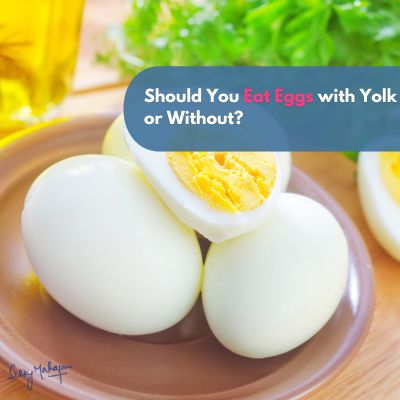Imagine reaching your 80s with the energy and vitality of a 20-year-old. This is the norm for people living in the Blue Zones, regions where residents consistently live longer and healthier lives. They embody the essence of the Blue Zone lifestyle, which can be easily integrated into your own life to boost health and longevity.
What Are Blue Zones?
Blue Zones are regions around the world where people consistently live longer, healthier lives. Researchers have identified five of these areas:
- Okinawa, Japan
- Sardinia, Italy
- Nicoya, Costa Rica
- Icaria, Greece
- Loma Linda, California
What Is the Blue Zone Lifestyle?
The Blue Zone lifestyle is centered around specific habits that promote not only long life but a quality life. These habits include eating a Blue Zone diet that’s 95% plant-based, maintaining regular physical activity, having strong social connections, and following practices like the “80% rule” for eating. You don’t have to move to a Blue Zone to enjoy these benefits—you can start implementing their secrets to longevity right now!
1. Follow a Mostly Plant-Based Diet
At the heart of the Blue Zone diet is a focus on plant-based foods. Residents in these regions consume a variety of vegetables, fruits, whole grains, and legumes, with meat making up only a small portion of their diet. This high-fiber, nutrient-rich approach helps protect against chronic diseases and supports overall health.
Tip for Your Life: Increase your intake of plant-based foods by adding more vegetables, beans, and whole grains to your meals. You don’t need to give up meat entirely, but consider reducing your consumption to once or twice a week.
2. Practice the 80% Rule
In Blue Zones, people follow the “Hara Hachi Bu” rule, which means stopping when they are 80% full. This mindful approach prevents overeating and supports digestion, promoting a healthier body weight and reducing the risk of obesity-related diseases.
Tip for Your Life: Eat slowly and stop eating when you feel about 80% full. This small adjustment can have significant health benefits over time.
3. Stay Active, Naturally
One of the key aspects of the Blue Zone lifestyle is that people stay active without going to the gym. Instead of structured exercise routines, they integrate physical activity into their daily lives by walking, gardening, cooking, and doing household chores. This natural, low-intensity movement keeps them fit and agile.
Tip for Your Life: Incorporate more movement into your day by walking, cycling, or taking the stairs. Even small amounts of physical activity can add up over time, supporting long-term health.
4. Build Strong Social Connections
In Blue Zones, social connections are essential to overall well-being. People prioritize family, friends, and community, creating strong support networks that help reduce stress and improve mental health.
Tip for Your Life: Nurture your relationships by spending more time with loved ones. Build and maintain social connections, whether through family, friends, or community groups. These bonds are crucial for both mental and physical health.
5. Drink Alcohol in Moderation
Moderate alcohol consumption is another characteristic of Blue Zones, particularly red wine. In some of these regions, people enjoy a glass or two of red wine daily, which is rich in antioxidants like resveratrol that promote heart health.
Tip for Your Life: If you enjoy alcohol, stick to moderate amounts—no more than one or two glasses of red wine per day. It’s important not to overindulge, as excessive drinking can harm your health.
6. Get Sufficient Sleep
In Blue Zones, people understand the importance of sleep. They ensure they get enough rest each night, and some even take short naps during the day to recharge. Proper sleep is essential for muscle repair, cognitive function, and overall well-being.
Tip for Your Life: Aim for 7-9 hours of sleep per night. If needed, take a 20-30 minute nap during the day to refresh and improve mental clarity.
Conclusion: How to Live the Blue Zone Lifestyle
You don’t need to live in a Blue Zone to adopt the habits that promote longevity. By focusing on a plant-based Blue Zone diet, staying active naturally, maintaining strong social ties, and following mindful eating practices like the 80% rule, you can dramatically improve your health and quality of life. Start incorporating these practices into your daily routine, and watch your health and vitality transform!
In case of any related query related to nutrition or weight management book an appointment with Dt. Silky Mahajan .You can also send us a mail at info@foodsandnutrition.in or call on 7829999400. Follow us on facebook & instagram for latest updates.











